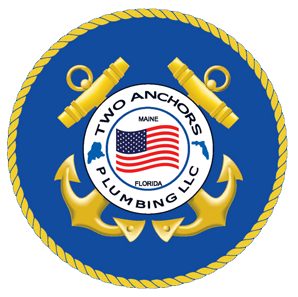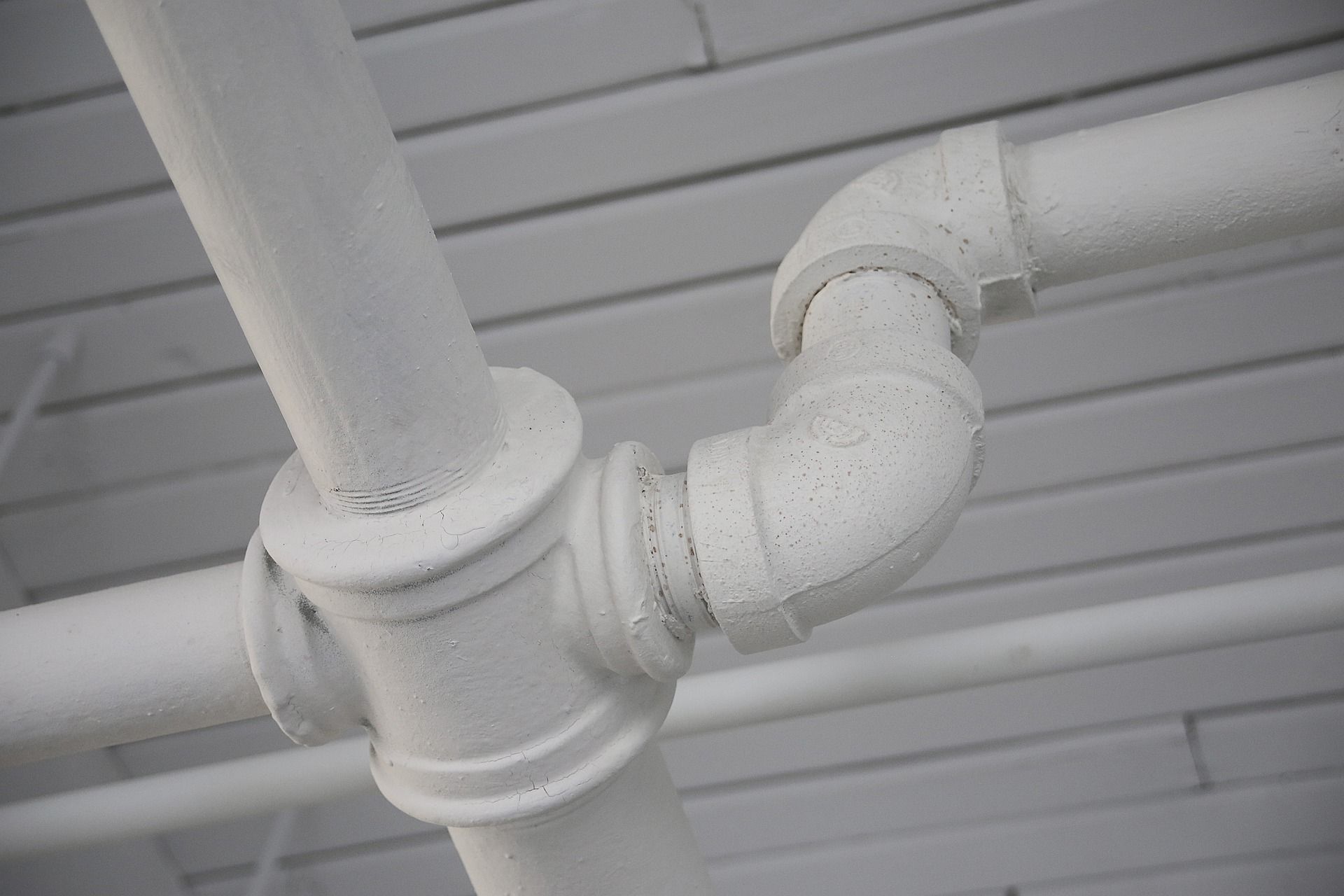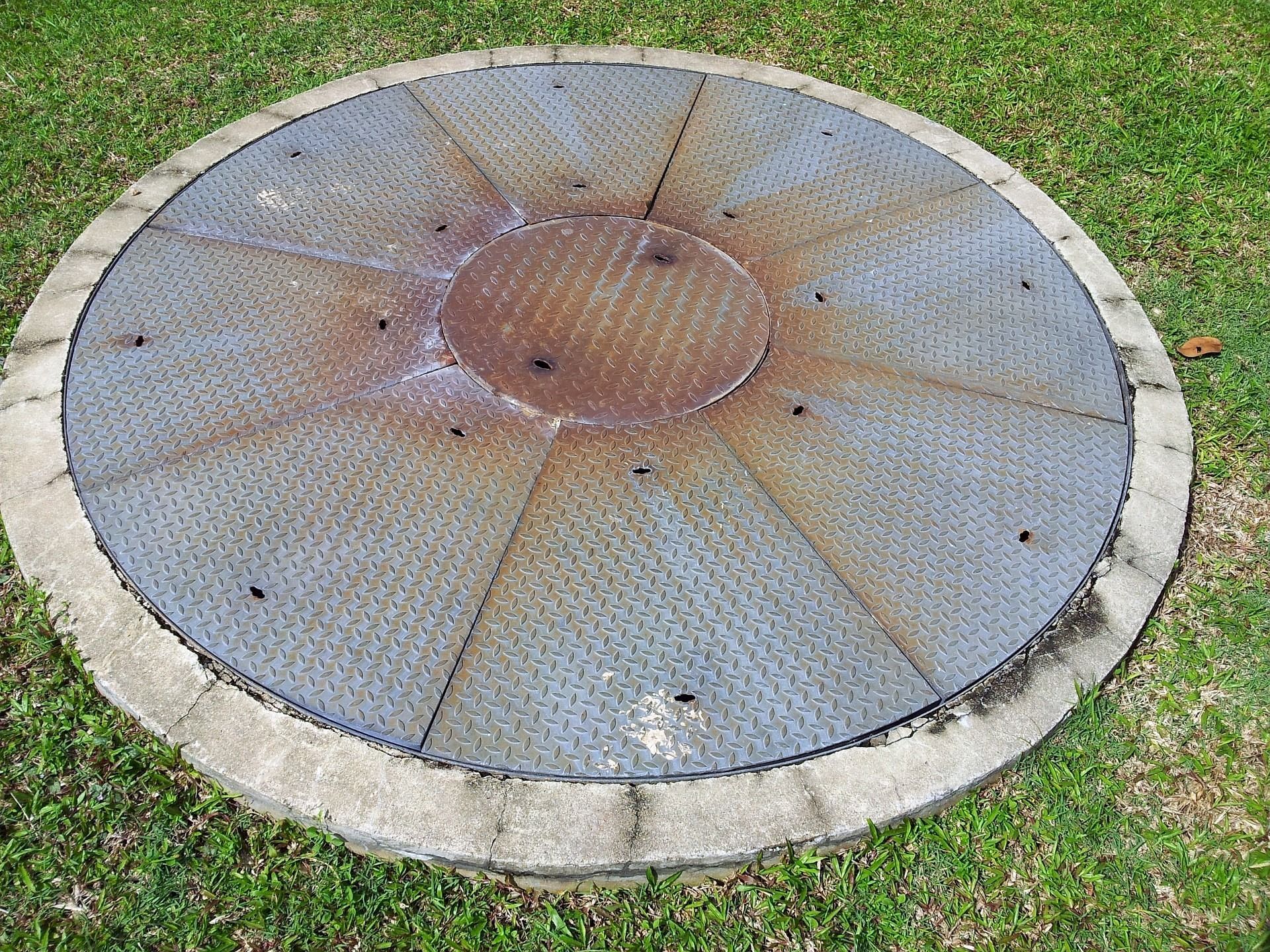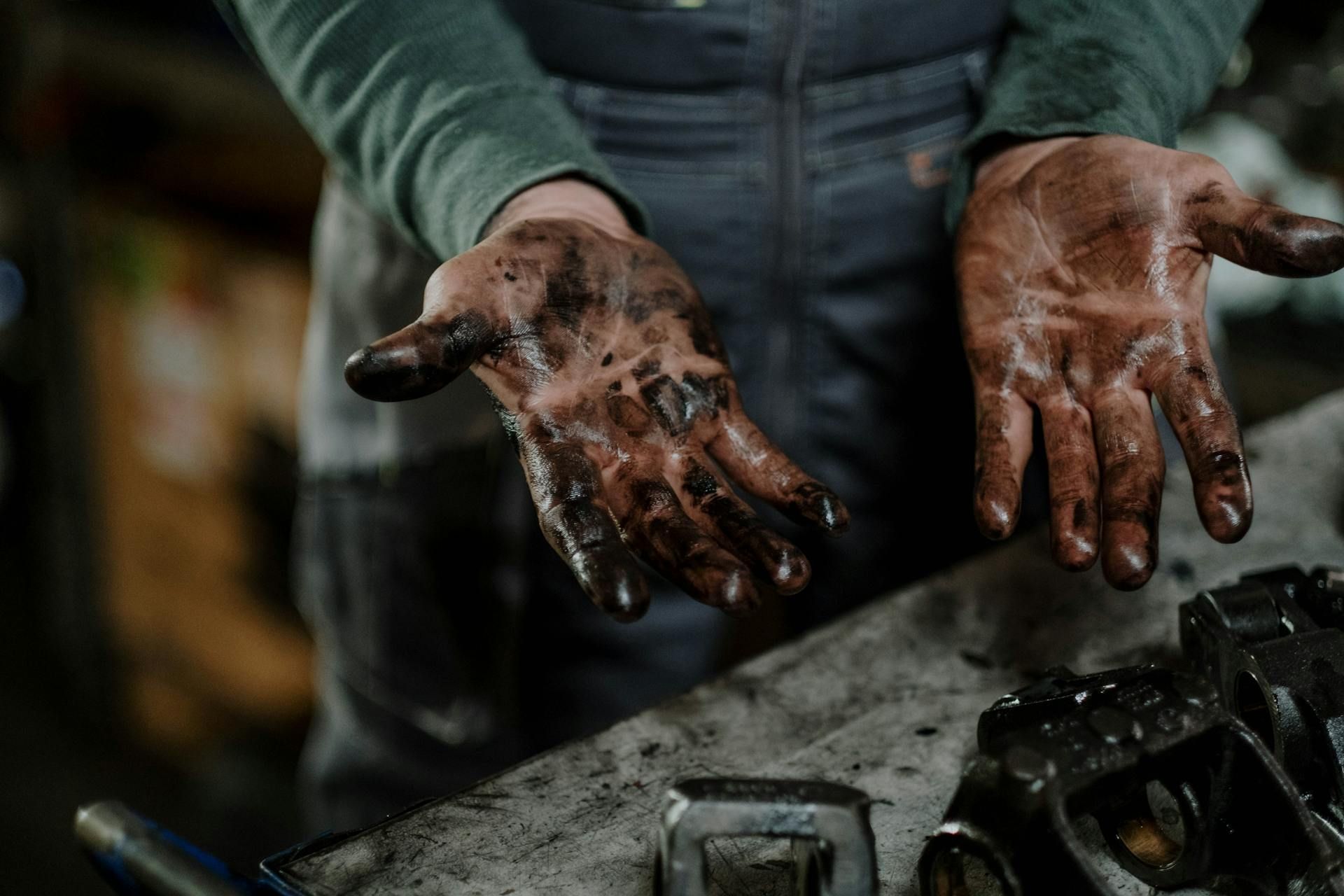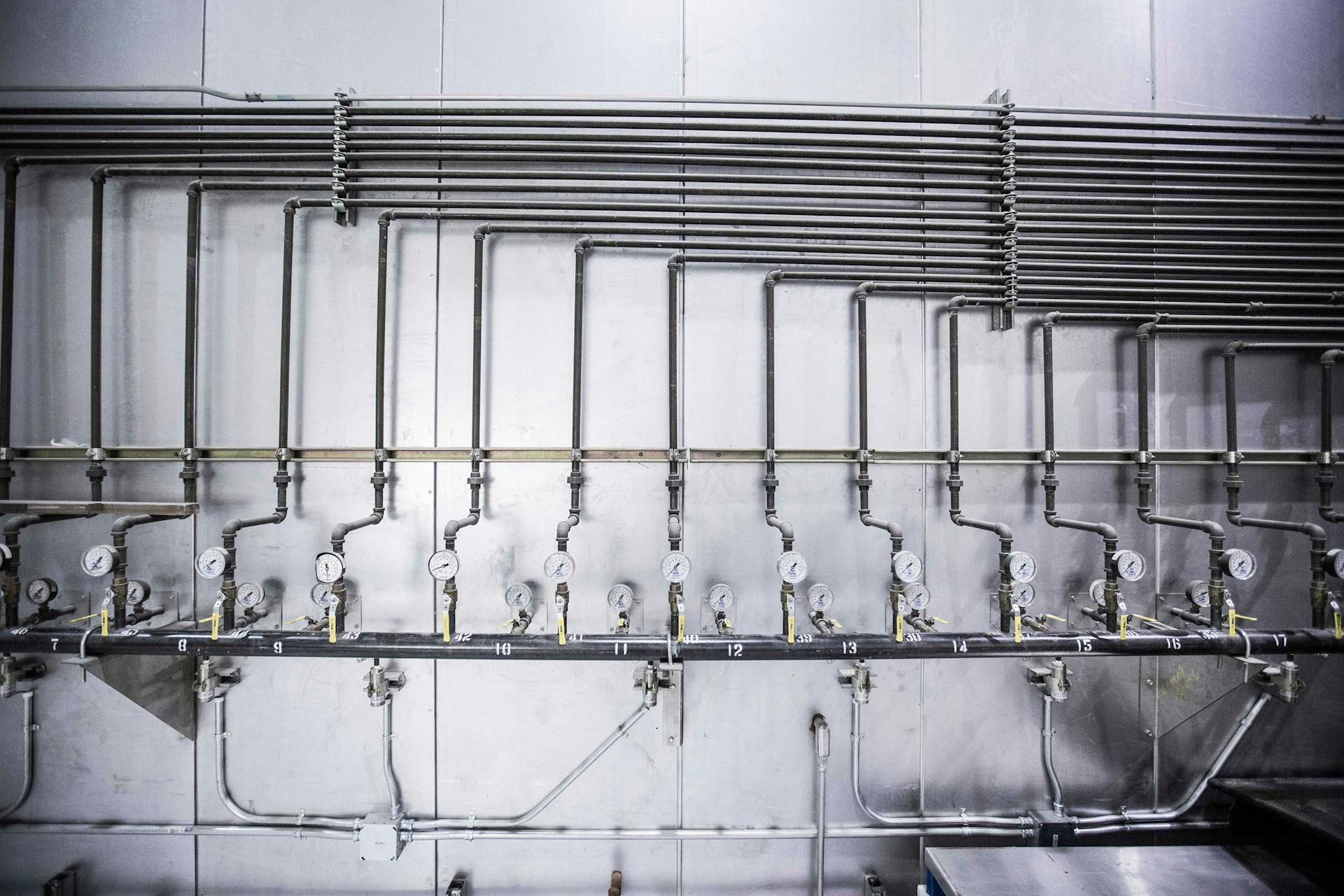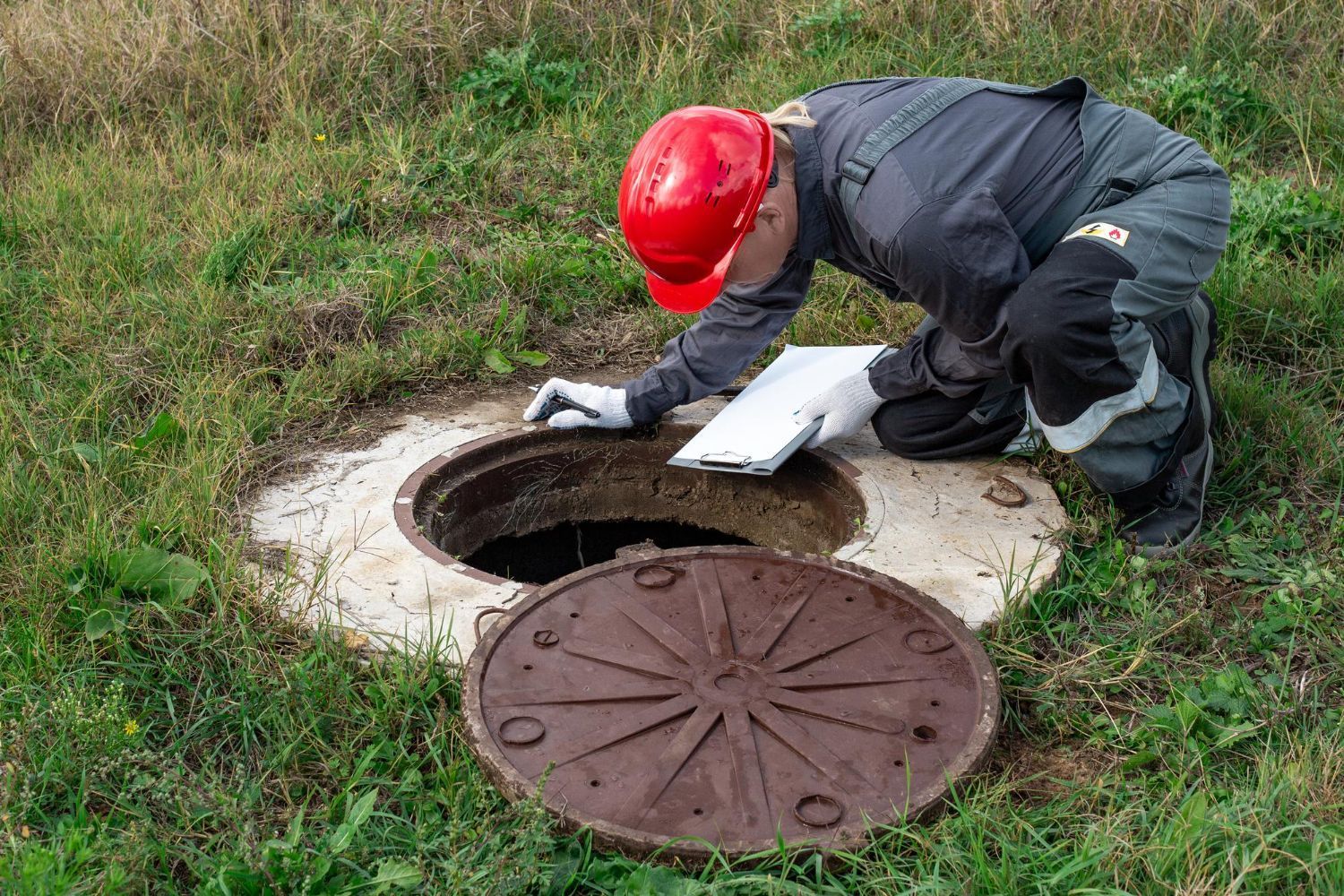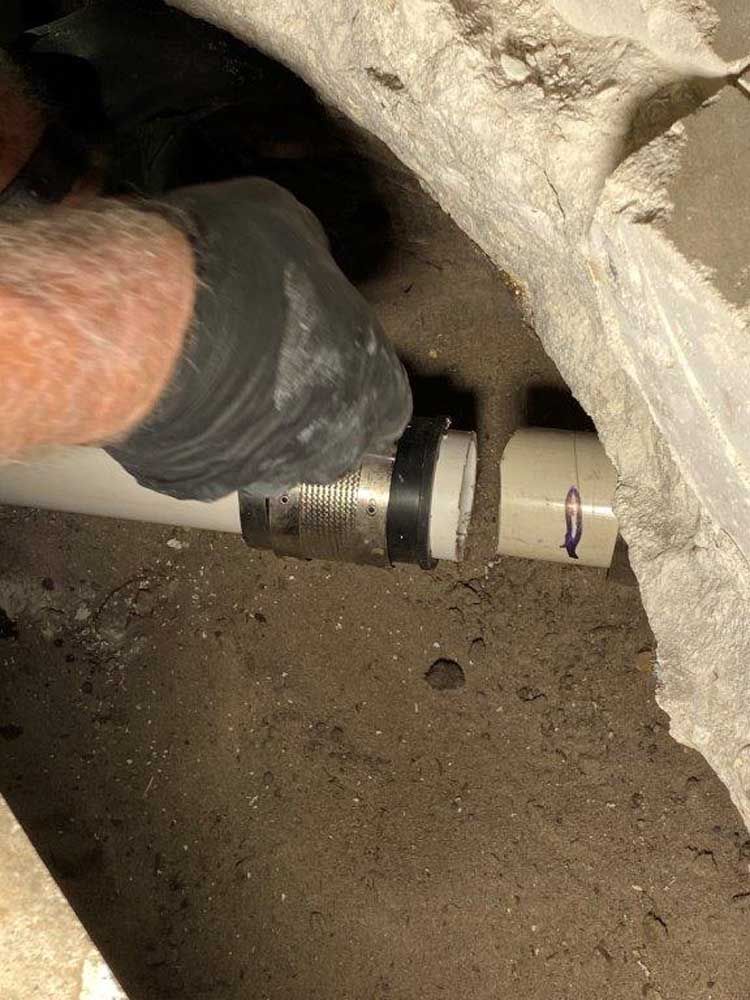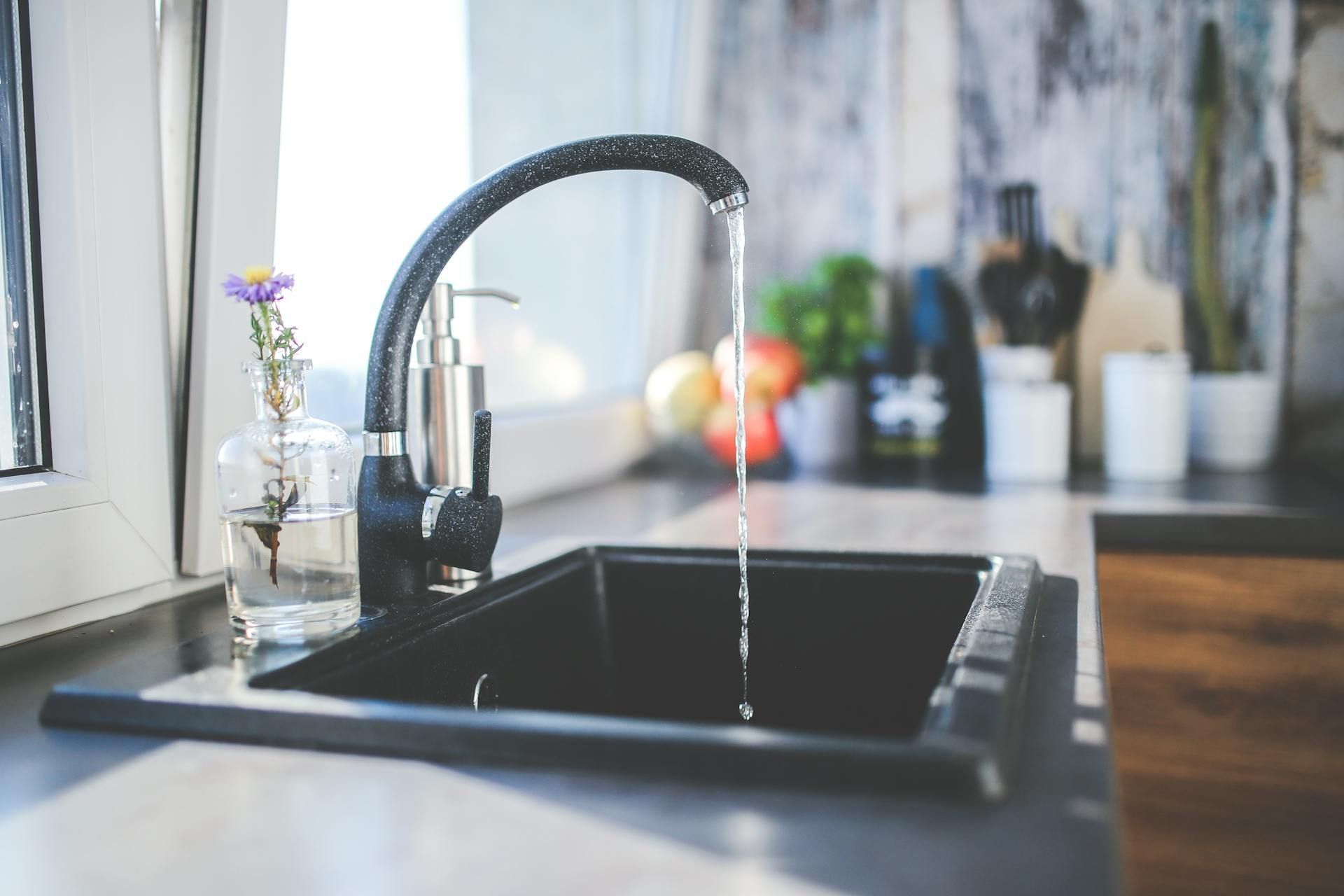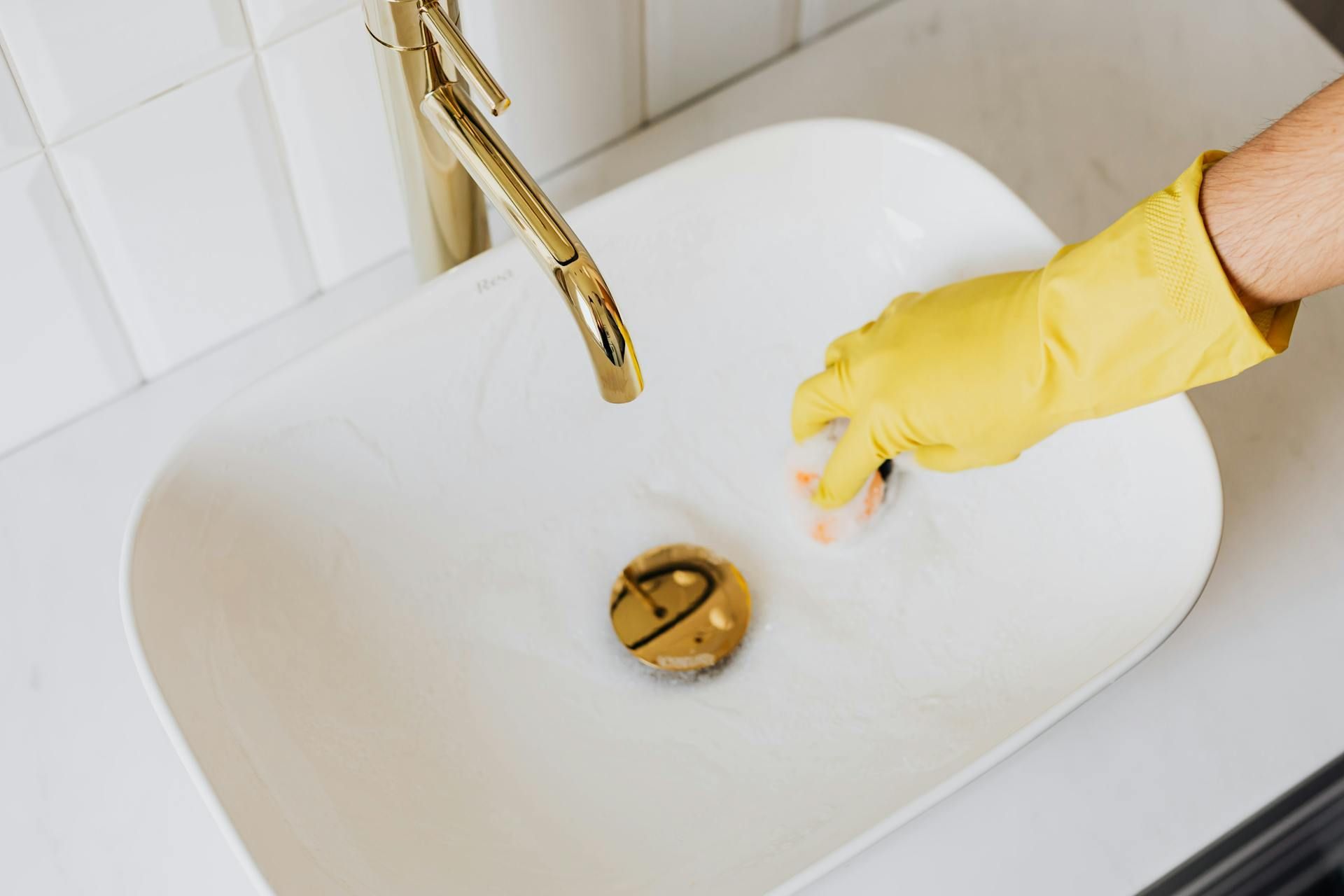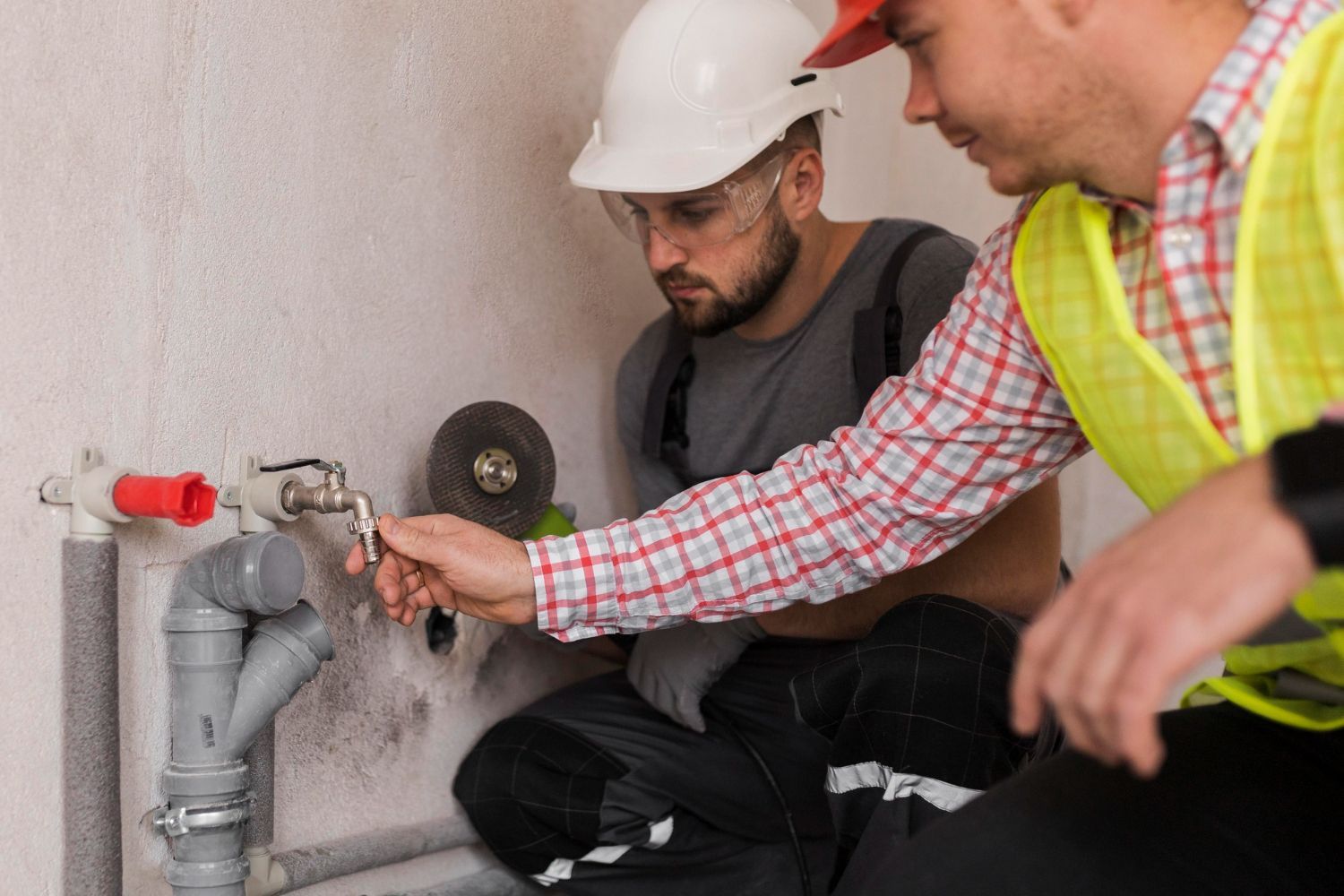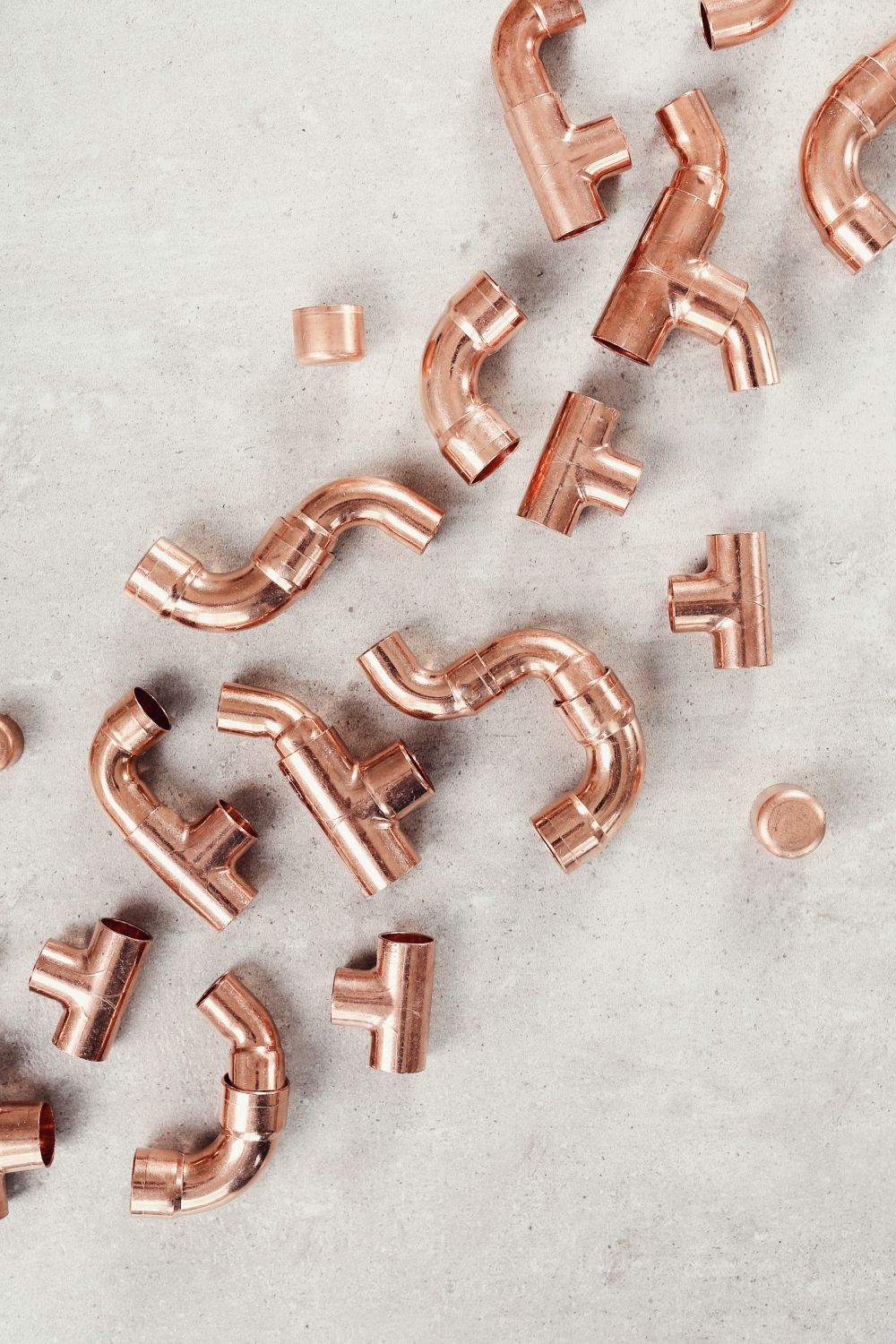What is the Average Cost of Plumbing Repair?
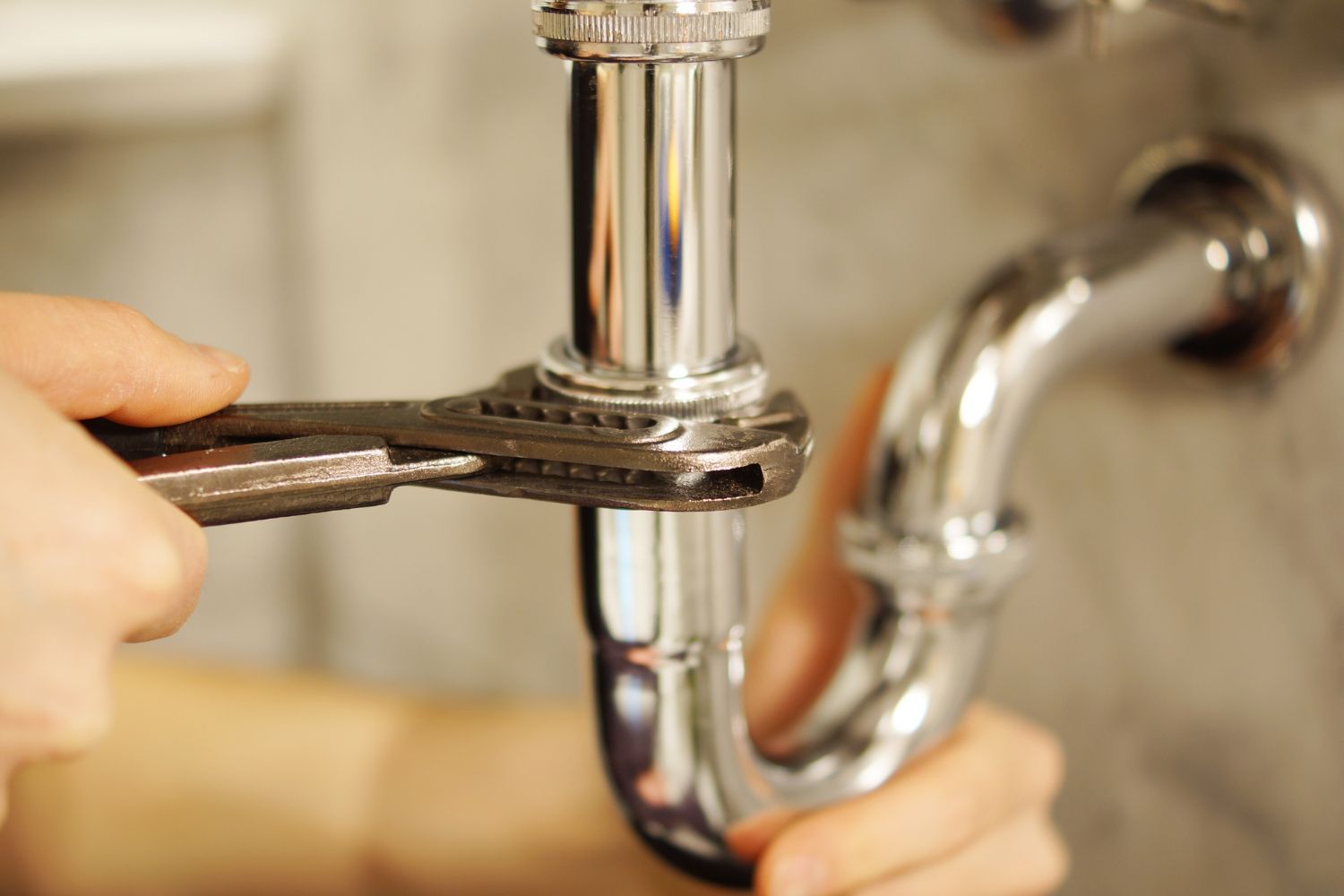
A well-functioning plumbing system is the unsung hero of every home, silently working in the background to provide clean water and efficient drainage. However, even the most robust plumbing can encounter hiccups along the way. From dripping faucets to stubborn clogs, these issues can disrupt daily routines and lead to potential headaches if left unattended.
When it comes to maintaining the heart of your home, the plumbing system, knowledge is key. Whether you're facing a minor repair or planning a major upgrade, understanding the costs involved can make all the difference in keeping your household running smoothly.
We will provide you with insights into the factors that influence the average costs of plumbing repairs and tips on how to budget effectively.
Average Cost of Plumbing Repair
The average cost of plumbing repair can vary widely depending on several factors, including the type of repair, location, and the extent of the problem.
- Minor Repairs (e.g., Leaky Faucet, Running Toilet)
Cost Range: $75 - $250
- Pipe Repairs (e.g., Burst Pipes, Leaking Joints)
Cost Range: $150 - $1,000 (or more if extensive)
- Drain Cleaning
Cost Range: $100 - $300
- Water Heater Repairs
Cost Range: $150 - $500 (Replacement can be significantly more)
- Sewer Line Repairs
Cost Range: $1,000 - $4,000 (Can be much higher if major excavation is required)
- Fixture Installation (e.g., Toilet, Sink)
Cost Range: $150 - $500 (plus cost of fixture)
- Main Water Line Replacement
Cost Range: $1,500 - $3,000 (Can be much higher depending on length and depth)
- Septic Tank Repairs/Replacement
Cost Range: $1,500 - $6,000 (Repair) / $3,000 - $7,000+ (Replacement)
- Water Softener Installation
Cost Range: $500 - $2,500 (plus cost of softener)
- Sump Pump Installation/Repair
Cost Range: $300 - $1,200 (plus cost of pump)
It's important to note that emergency repairs or repairs in hard-to-reach places may cost more due to additional labor or equipment needed.
Always obtain multiple quotes from reputable plumbers, and be wary of unusually low estimates, as they might indicate subpar work or the use of lower-quality materials.
Factors Affecting Repair Cost
Labor costs also vary based on location, with urban areas generally having higher rates compared to rural areas. Additionally, costs may be influenced by the complexity of the job and whether any permits are required.
- Type of Repair: The nature and complexity of the repair play a significant role. Minor issues like fixing a leaky faucet or unclogging a drain will generally be less expensive than major repairs such as replacing a sewer line.
- Extent of Damage: The severity of the problem can impact the cost. For instance, a small leak in a pipe might be a relatively straightforward fix, while extensive water damage from a burst pipe may require more extensive repairs.
- Location of the Problem: Accessibility can be a major factor. Repairs in hard-to-reach areas, like inside walls or under floors, may require additional labor, equipment, or even minor remodeling, which can increase costs.
- Materials Needed: The type and quality of materials required for the repair will affect the overall cost. Higher-quality or specialty materials can be more expensive.
- Permits and Regulations: Some repairs, especially larger or more complex ones, may require permits from local authorities. Permit fees and compliance with building codes can add to the overall cost.
- Labor Costs: Labor charges vary depending on the location, the level of expertise required, and the complexity of the job. Urban areas generally have higher labor rates than rural areas.
- Emergency Repairs: Repairs needed outside of regular business hours or during holidays may come with premium rates. Emergency services can be more expensive.
- Plumbing Company or Professional: Different plumbing companies or professionals may have varying rates based on their experience, reputation, and the range of services they offer.
- Age and Condition of Existing Plumbing: Older plumbing systems might require more extensive repairs or upgrades. Additionally, older fixtures or pipes may be more challenging to work with, which could affect costs.
- Specialized Equipment: Certain repairs, such as sewer line inspections or repairs, may require specialized equipment, which can add to the overall cost.
- Warranty Coverage: If the repair is covered by a warranty or insurance, the out-of-pocket cost may be reduced.
- Additional Services:
Sometimes, a plumbing issue might uncover other problems that need attention. These additional services can increase the overall cost.
Consider that these are rough estimates and prices can change over time due to factors like inflation, changes in material costs, and regional economic conditions. For the most accurate and up-to-date pricing, it's best to consult with a licensed and experienced plumber in your area.
Rely on Experts
For any plumbing problem beyond basic DIY fixes, or if you're unsure about the appropriate solution, it's recommended to contact a licensed and experienced plumber like
Two Anchors Plumbing. They have the expertise and tools to address complex plumbing issues safely and effectively.
Address: Stuart, FL 34997 | Phone: (772) 210-2084
Copyright © 2023 Two Anchors Plumbing, All Rights Reserved.
